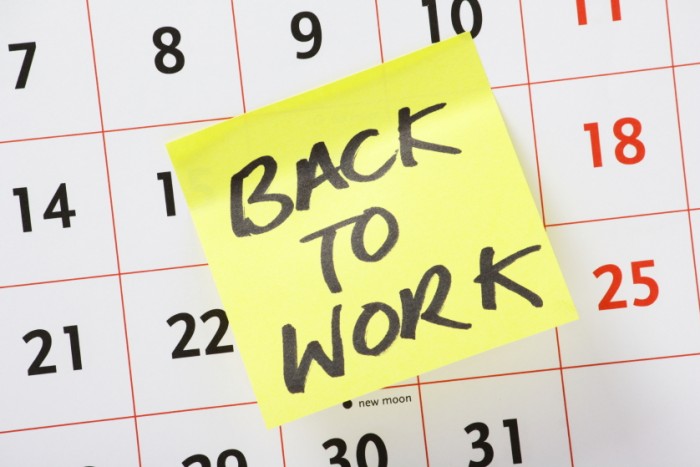
Boris is the wise ol’ CEO of TNW who writes a weekly column on everything about being an entrepreneur in tech — from managing stress to embracing awkwardness. You can get his musings straight to your inbox by signing up for his newsletter!
We have a policy at TNW that if you have ever worked for us you get lifetime access to our events. Every year we reach out to everybody who ever worked for us and offer them access to our conference.
It’s always a nice moment to get back in touch with people, find out what they’re up to, and to hear how happy they are when they realize they get a free ticket.
We started this policy early on, and with good reason. We believe that your ex-employees CAN BE some of your best ambassadors, both for marketing your company to partners and clients, but also for hiring new talent. And that’s why we go through some extra trouble to be nice to people who leave our company.
Now I’m not going to lie, this does take some extra effort, and it can feel strange to invest in employees who have already left. But, I think it’s worth it.
A common theory in HR is that there are three stages in an employees lifetime at a company:
- First phase: everything is new and awesome
- Second phase: everything is normal and unremarkable
- Third phase: everything sucks
Obviously you want to keep your employees stuck in the first phase as long as possible, but you won’t be able to prevent some people from transitioning into the second phase at some point, and sometimes people move into the second or third phase temporarily, and then back into the first phase. We all have our bad weeks.
If you see an employee stuck in phase three for too long, it’s time for them to move on — and usually this isn’t even something you’ll have to suggest.
The problem though is that usually people who leave, also distance themselves from the company, and when they do they start seeing things in a different perspective and lose some of their love for your company. That’s why a lot of employees aren’t particularly positive about the company they have worked at and left.
If, however, you invest a little time and effort you can amplify the good parts of your working relationship and turn phase three employees who left your company into phase one ex-employees, and that’s a powerful thing to have.
Here are a few things I’ve found you can do to build a good relationship with ex-employees:
Don’t cut them off
Invite ex-employees to your Friday drinks, parties, and events. Involve them in your success and make them feel part of a family, even if they branched out. See them as teenagers that have left the household, but will always be a part of your history.
If they feel like they worked on the foundations of your success, they might feel partially responsible. And then your success becomes their success.
Help them get ahead
Write a recommendation for them. Offer to help them find a new job, or make introductions at other places. Be honest in what they are good at and what they could improve so they can get better at their jobs and make more money.
Once they realize you‘re invested in their success they’ll see the benefit of maintaining a good relationship.
Thank them for their contribution
This is a basic thing but when people leave it is easy to feel betrayed, disappointed, and focus on the work that won’t be done in the future. I try my best to focus on the contribution people already made to the company, and thank them for that.
If you’re moving and someone is coming to help out for two hours, you can get angry they aren’t sticking around for the whole day, OR you can thank them for the two hours they gave you. I think that’s a more positive way to deal with people leaving and it shows you care about their personal success as well.
Remember why you hired them in the first place
When couples fight there’s an easy trick to make them feel better about each other. Ask them: how did you meet and fall in love? By asking that question they’re both reminded to look back at how it all started and to see the good in each other.
Apply this to employees too: you hired them because they were good and smart and you respected that skill. Don’t focus on the reason for them to leave and get all hung up about that. Focus instead on the reason why you hired them.
When people leave there’s always that emotional moment where you feel disappointed, and maybe even worse. But if you manage to overcome that and focus on the person in front of you, and imagine how you’ll both benefit in the long run, it’s possible to have a great relationship into the future. And who knows, maybe one day you’ll work together again.
Can’t get enough of Boris? Check out his older stories here, and sign up for TNW’s newsletters here.
Published August 13, 2020 — 15:03 UTC
